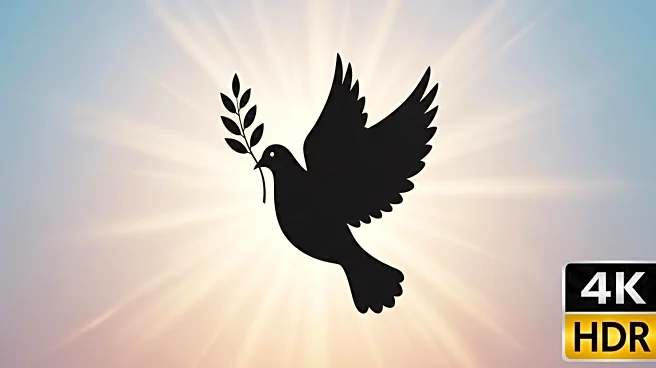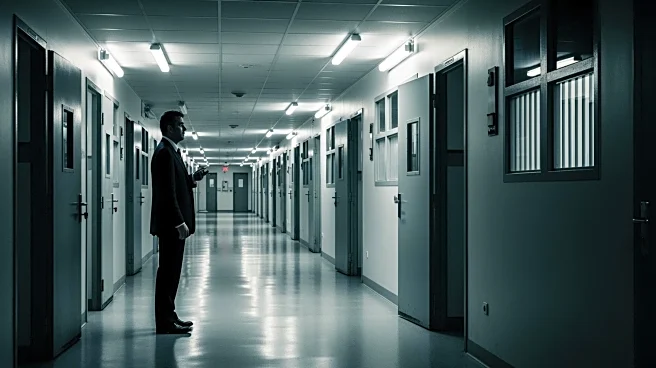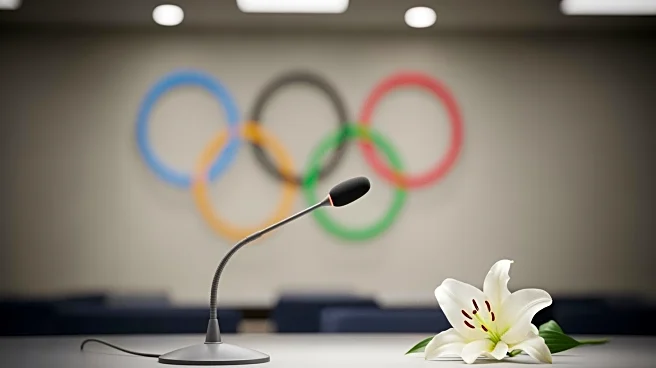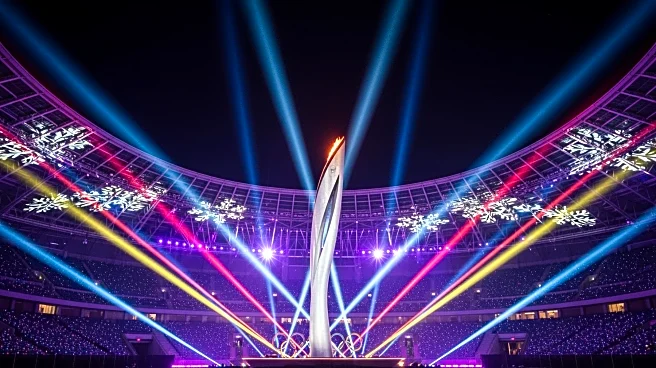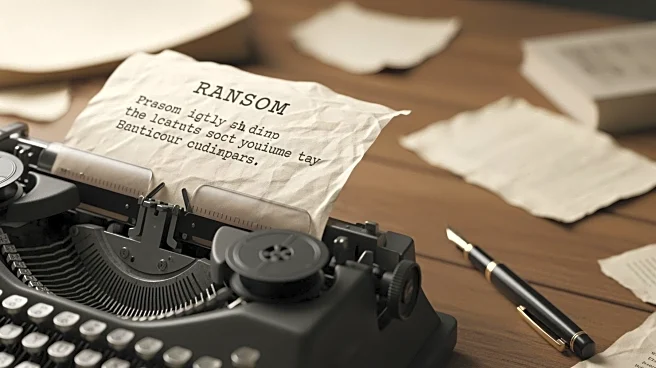What's Happening?
European Union members are set to meet in Luxembourg to discuss their role in supporting President Trump's Gaza peace deal. The meeting follows a U.S.-brokered prisoner-hostage swap and ceasefire agreement
between Israel and Hamas, aimed at ending the Gaza conflict. The EU is considering joining the Board of Peace to maximize its influence in the region. The peace deal, facilitated by President Trump, has garnered international attention, with the EU exploring ways to contribute to its success. The discussions will focus on how Europe can leverage its diplomatic and economic resources to support the peace process and ensure stability in the Gaza Strip.
Why It's Important?
The EU's involvement in the Gaza peace deal is significant as it represents a coordinated international effort to resolve longstanding conflicts in the region. By joining the Board of Peace, the EU can play a crucial role in facilitating dialogue and supporting reconstruction efforts in Gaza. The peace deal, brokered by President Trump, marks a pivotal moment in Middle Eastern diplomacy, with potential implications for regional stability and international relations. The EU's support could enhance the legitimacy and effectiveness of the peace process, providing a platform for sustainable development and conflict resolution in Gaza.
What's Next?
The EU's meeting in Luxembourg will likely result in concrete proposals for supporting the Gaza peace deal. Discussions may include financial aid, diplomatic initiatives, and collaborative efforts with other international stakeholders. The EU's decision to join the Board of Peace could lead to increased engagement in Middle Eastern affairs, with potential long-term commitments to peacebuilding and humanitarian efforts. The success of the peace deal will depend on continued international cooperation and the willingness of involved parties to adhere to the terms of the agreement.
Beyond the Headlines
The EU's involvement in the Gaza peace process highlights the broader geopolitical dynamics at play in the Middle East. The peace deal, while promising, faces challenges related to historical grievances, political tensions, and humanitarian concerns. The EU's role in the process underscores the importance of multilateral diplomacy and the need for comprehensive strategies to address complex regional issues. The long-term success of the peace deal will require sustained international support and a commitment to addressing underlying causes of conflict.
